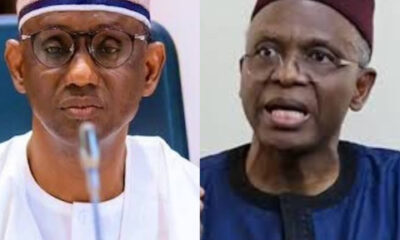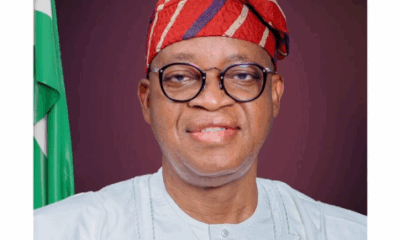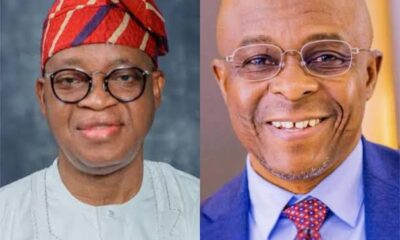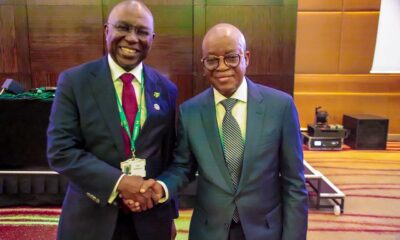Oil and Gas
Re-entry into Ogoni-land: Audacity of Official Snub or Celebration?
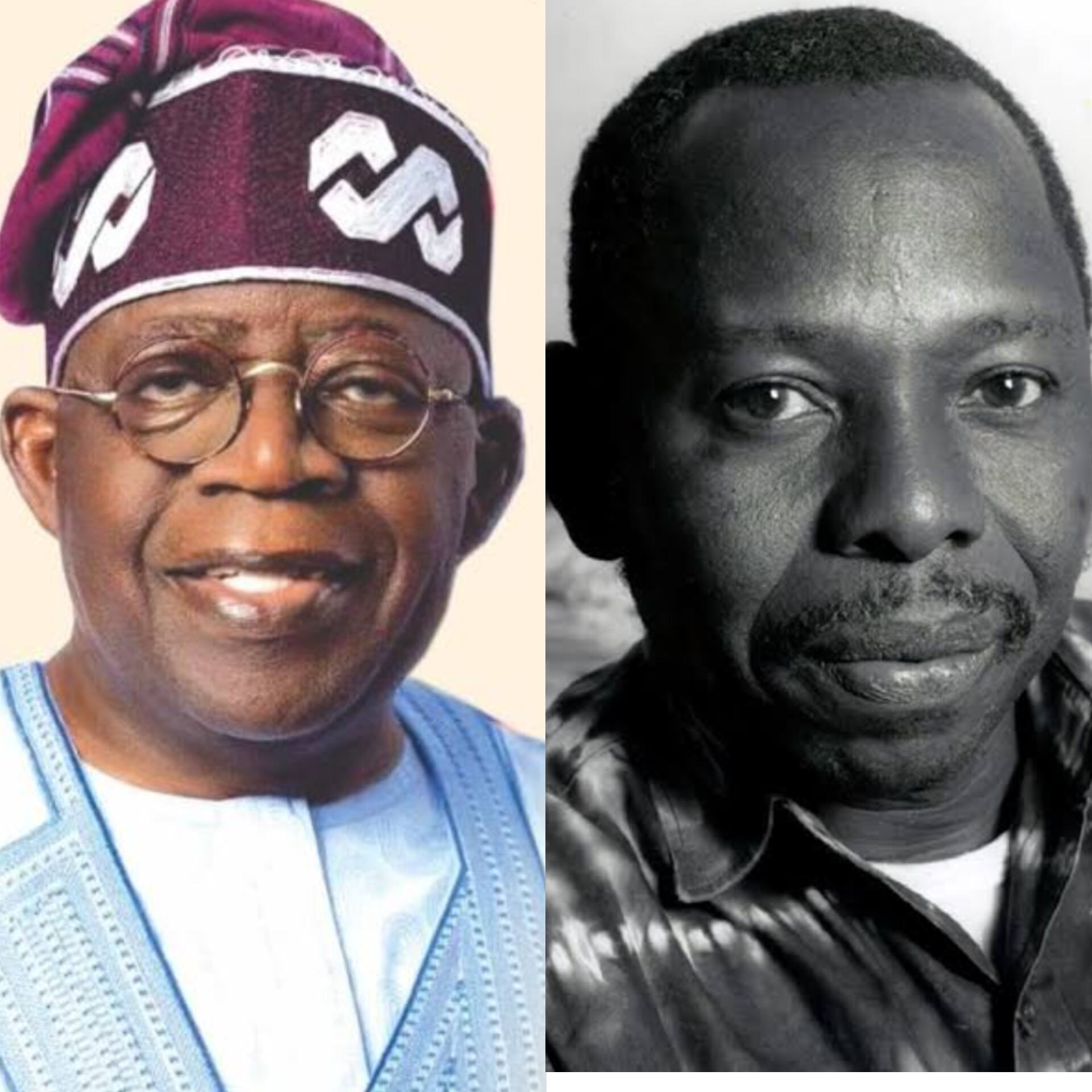
BY GBOGBOWA GBOWA
In what many Ogoni activists and observers are calling a troubling contradiction, the Federal Government of Nigeria, alongside Shell and other stakeholders, has faced backlash for pushing ahead with oil exploration plans in Ogoniland — a region long scarred by environmental degradation and political neglect.
While the Nigerian National Petroleum Company Limited (NNPC Ltd) hails the re-entry as a “beacon of reconciliation,” critics argue it’s a tone-deaf celebration that ignores the deep-seated grievances of the Ogoni people.
Parade of Promises
President Bola Ahmed Tinubu, during the presentation of the Ogoni Consultations Report, acknowledged the “years of pain endured in Ogoniland,” declaring that “hope is here and is back with us.” Yet, for many in the region, these words ring hollow. The re-entry announcement comes despite widespread rejection from local communities and civil society groups who view the move as a betrayal of their autonomy and environmental rights.
Collaboration or Coercion?

Engr. Bashir Bayo Ojulari, Group CEO of NNPC Ltd, painted the re-entry as a triumph of justice and healing. But the narrative of “collaboration” is being challenged by those who say the process lacked genuine consent. The Ogoni people have long demanded environmental remediation, community control over resources, and accountability for past abuses — not another round of extractive ventures cloaked in diplomatic language.
History Repeating
Shell’s legacy in Ogoniland is one of pollution, displacement, and conflict. The company’s planned re-entry,even if now sidelined, casts a shadow over the current initiative. Many fear that NNPC’s optimism masks a deeper disregard for the region’s traumatic history. The Federal Government’s endorsement of the re-entry, despite local resistance, is seen by some as a continuation of the same top-down approach that has failed the Niger Delta for decades.
Global Optics vs Local Realities
The re-entry is being marketed as a model for reconciling energy development with environmental stewardship. But for Ogoni residents, the global playbook means little if it doesn’t translate into tangible justice. Infrastructure upgrades and empowerment programs may be underway, but without full community ownership and environmental guarantees, they risk being seen as pacifying gestures rather than transformative change.
Voices from the Ground
Local leaders and activists have called for a halt to all extractive activities until a comprehensive, community-led framework is in place. “This is not reconciliation,” one Ogoni youth leader said. “It’s a repackaged exploitation dressed in the language of hope.”

